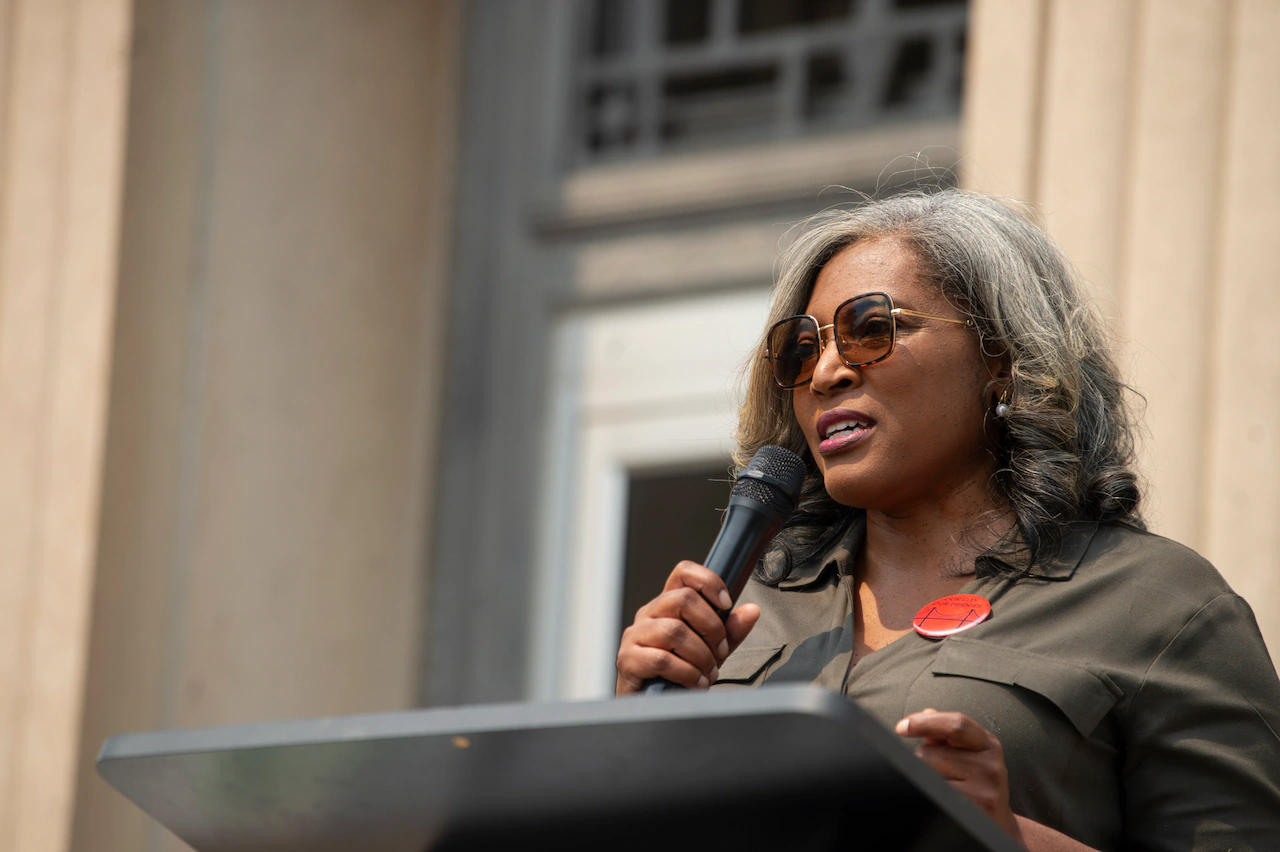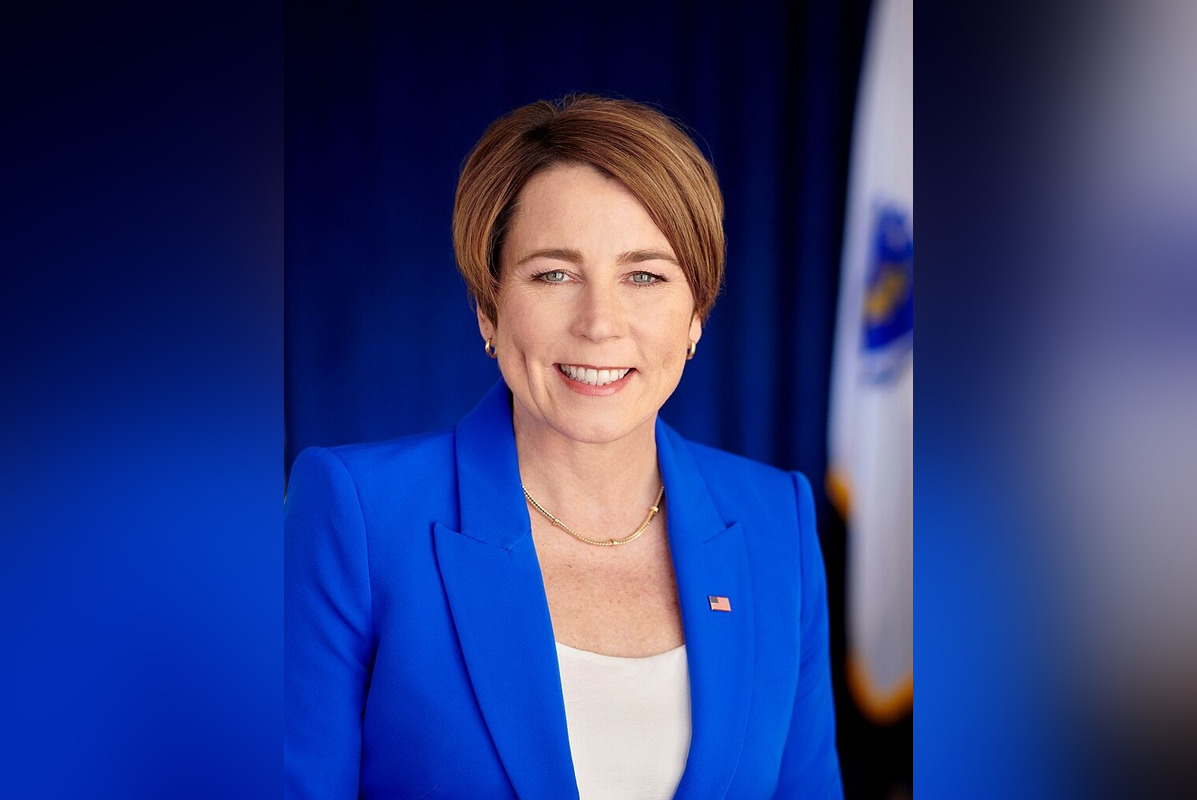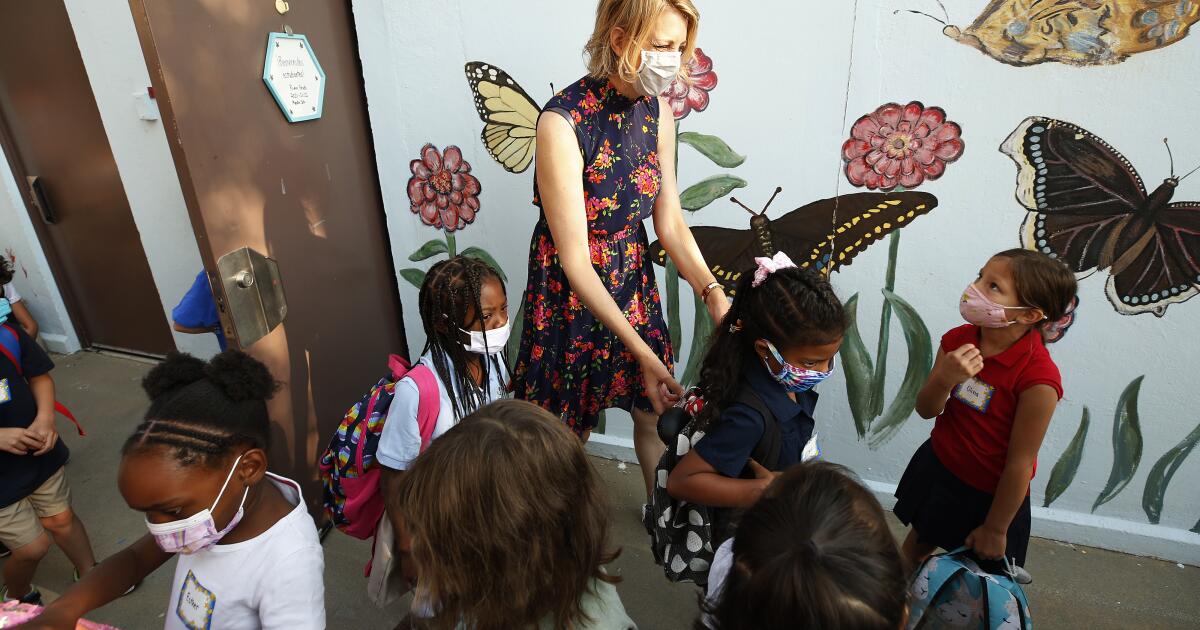Copyright M Live Michigan

SAGINAW, MI — A Democrat campaigning for the state Senate is facing scrutiny over a series of spending decisions involving money provided to organizations tied to her. Pamela Pugh, president of the Michigan State Board of Education, is one of six Democrats and four Republicans campaigning for the 35th District state Senate seat election scheduled for next year. The Democrat at a Monday, Nov. 3, meeting defended herself to the Saginaw City Council, which could reverse its September 2024 decision to allocate $210,000 in federal stimulus funds to Just In Transition-Indaba. The initiative is the product of a nonprofit — Regeneration LLC — co-founded by Pugh. Pugh also was the focus this week of a report in The Detroit News that stated she directed about $10,000 in leftover cash from a failed 2024 U.S. House campaign to herself and her consulting firm. The report detailed how Pugh moved leftover 2024 campaign donor money to state and federal political action committees she founded called BOSS UP PAC. Since November 2024, the committee reported $10,000 of expenditures on consultant fees to Pugh, The Detroit News reported. Other expenditures for the group included food, travel and hotel stays as well as “image consulting” at a Saginaw-based nail salon. The report included interviews with a Washington, D.C.-based attorney who said the Federal Election Commission does not allow former candidates to use leftover campaign funds to pay salaries to themselves. “Campaign funds don’t lose their character as campaign funds just because the campaign committee is converted into a (political action committee),” attorney Brett Kappel told The Detroit News. In the Detroit News report, Pugh defended the $10,000 in consulting payments to herself as legal. Pugh and her campaign staff did not respond to questions submitted by MLive regarding this report. Campaign officials announced a press conference for Thursday, Nov. 6, “to deliver remarks regarding the state of the race and broader issues impacting Michigan communities.” The Detroit News reported the funds transferred out of her 2024 campaign included $7,750 sent from her political action committee to Regeneration LLC, the organization powering a project set to receive $210,000 in Saginaw City Council-allocated American Rescue Plan Act (ARPA) federal stimulus funds. Saginaw City Council and city staff in recent public meetings have discussed the potential the council could withdraw the $210,000 allocation and send the stimulus funds elsewhere rather than risk federal officials reclaiming the money from the city. Saginaw City Manager Tim Morales during an Oct. 20 council meeting said a Saginaw-hired consultant group, Guidehouse, raised concerns the allocation could be rejected by federal officials because the project does not comply with U.S. Department of Treasury guidelines tied to ARPA spending. Guidehouse in 2022 was hired by the council in part to monitor ARPA spending, ensuring the stimulus expenditures meet federal guidelines and adhere to the projects’ proposals submitted to the council. An Aug. 8 Saginaw city staff memo obtained by MLive via a Freedom of Information Act request reported the concerns related to the Pugh-tied nonprofit’s proposal for ARPA spending in part involved revisions made to the project since the council endorsed an initial proposal in September 2024. Among the concerns listed by Guidehouse were plans by the organization to spend 67% of its stimulus allocation on payroll costs, the memo stated. “Guidehouse, the Fiduciary and the Project Coordinator met several times to work through issues and align with Federal requirements, but we seem to be at an impasse,” the city memo stated. While no resolution has been presented yet to retract the allocation designated for Pugh’s group, Saginaw Mayor Brenda Moore during the Oct. 20 council meeting said city officials may need to consider such action before an approaching deadline to file ARPA-related reports to federal officials. “All of us need to really get serious,” Moore told the council. “We’ve got to prepare a report, and in that report, any money that is not totally committed or spent, we have to refund (to the federal government).” Pugh has defended the nonprofit’s work to the council and in social media posts. She said the nonprofit’s project has invested in addressing issues tied to food and energy challenges in the community. “This project has delivered real services to real people without receiving a single dollar from the City of Saginaw,” Pugh told the council during a Nov. 3 meeting. She said her nonprofit “remained responsive, professional and transparent, even as the standards kept shifting.” “And, despite that, this project and I were publicly mischaracterized before any meaningful engagement or explanation, and that’s not accountability,” Pugh told the council this week. “That’s misinformation and is unacceptable.” In a special primary election scheduled for February 2026, Pugh is set to face Democrats Serenity Hope Salak, Brandell Adams, Martin Blank, Chedrick Greene, and William Morrone. The Republican field for the state Senate seat includes Jason Tunney, Chadwick Twillman, Christian Velasquez and Andrew Wendt. The winners of the respective Democrat and Republican primaries will face off in a May election. Pugh, who was raised in Carrollton Township and Saginaw, is among the most recognizable names in the field of candidates. After earning a bachelor’s degree in chemical engineering as well as master’s and doctoral degrees in public health from the University of Michigan, Pugh served as chief public health advisor to Flint during the administration of former Mayor Karen Weaver. She was first elected to the State Board of Education in 2014. Pugh began serving as the agency’s president in 2023. Her 2024 political campaign fell short when she lost in the Democratic primary to then-state Sen. Kristen McDonald Rivet in the race for a U.S. House of Representatives seat. Rivet won the seat in last November’s general election, leaving open the state Senate seat Pugh now seeks. Pugh has said her campaign for the state Senate seat represents an effort “to put power back in the hands of the people.” “I’ve stood up for our communities — and stood up to anyone, and any policy, that’s written us off,” Pugh said when she announced her candidacy in July 2025. “And I haven’t backed down. I’ve worked to clean up neighborhoods while creating real economic opportunity because progress should serve people and support our businesses, without leaving either behind.” The District 35 state Senate seat encompasses parts of Bay, Midland and Saginaw counties. The state Senate today consists of 19 Democrats and 18 Republicans, meaning next year’s special election could change the balance of political power in Lansing.



